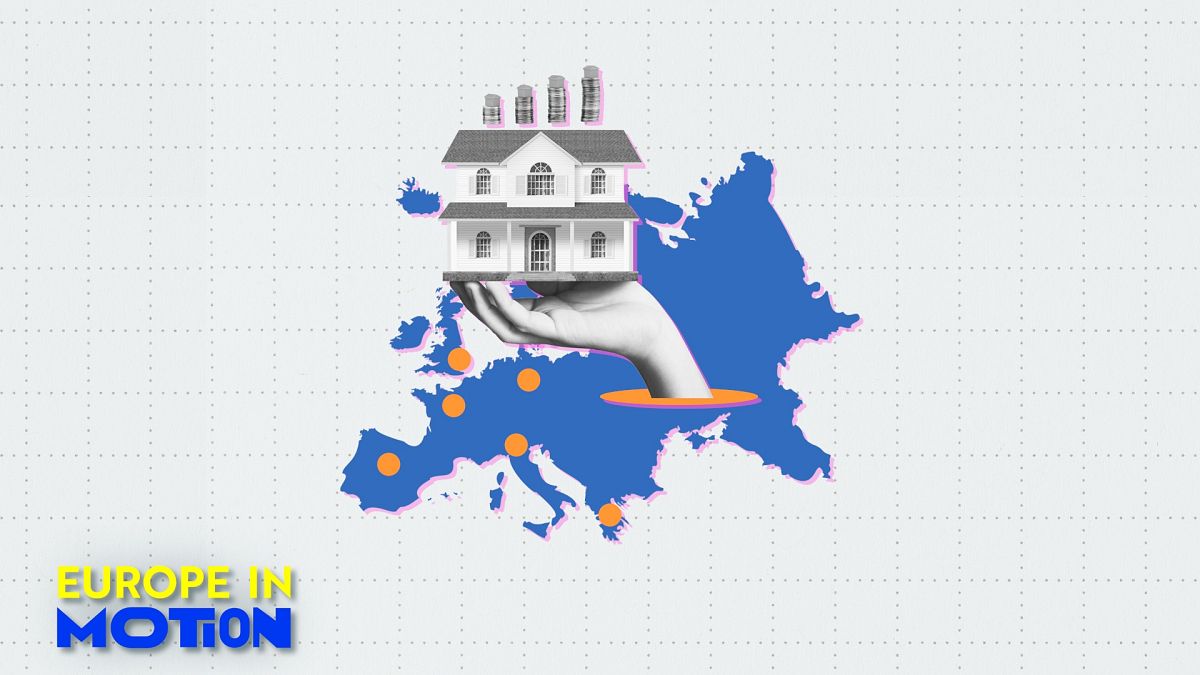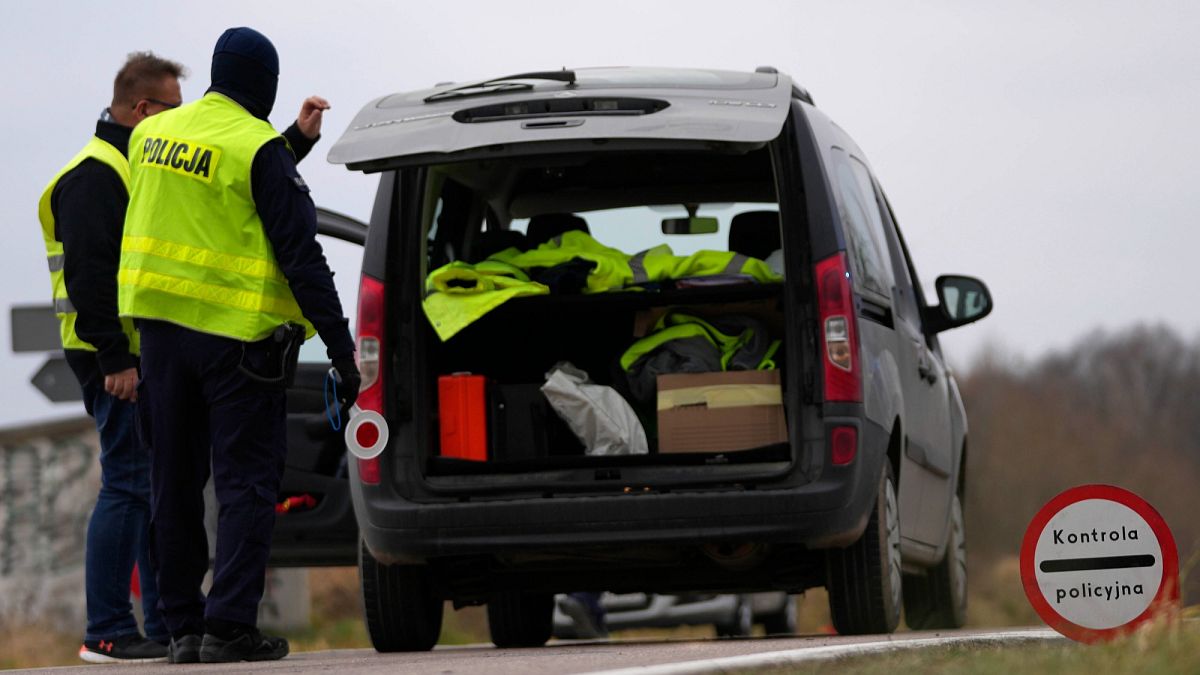New Zealand will this week join Allied nations in marking the 80th anniversary of the end of World War II, a victory celebrated with impromptu street parties across the country in May 1945.
While Winston Churchill formally announced peace on May 9, news had already reached New Zealand a day earlier, sparking celebrations despite acting prime minister Walter Nash’s reluctance to pre-empt Churchill’s official announcement.
“Everyone here knew the war was over on the morning of the 8th,” explains historian Stephen Clarke, “they wanted to celebrate, but acting prime minister Walter Nash didn’t want to go before Winston Churchill in London.”
Public servants in Wellington didn’t wait. They created a paper storm over Lambton Quay, ripping up records and throwing them out of the windows.
At the Civic Theatre on Auckland’s Queen Street, the manager stopped the film and got up on stage to announce that the war had ended. Moviegoers spilt onto the streets to join thousands of other Aucklanders who had heard the news.
The following day, more formal celebrations took place across the country.
But despite the parades, singing and dancing, for around 12,000 families, a soldier wasn’t coming home.
“It’s something we forget,” says Clarke.
“What the end of the war would have felt like in those homes.”
Professor Malcolm McKinnon from Victoria University of Wellington says VE Day celebrations reinforced what they fought for and the hope that post 1945, it would be a better world.
But soon after, former allies, the United States and Soviet Union, fell out, triggering the Cold War. “So the promise of a peaceful world order,” explains McKinnon, “that people had hoped for was not realised in the way people had hoped for in 1945.”
VE Day will be marked in Britain this week with parades, fly-overs and, as always, the royals showing up. It will be grander than usual but not on the scale of Russia’s commemorations.
McKinnon points out that Russia suffered the greatest human casualties in the war, on an incomprehensible scale, and that is one reason the anniversary has always held such importance.
“For Putin, Russia’s leader, though, it reinforces its … great heroic periods.”
Commemorations will be much lower-key here.
In New Zealand, only 81 World War II veterans remain; those known to government agencies at least.
Stephen Clarke, who has accompanied the veterans at many local and overseas events, rates that generation – including the Kiwis who stayed at home – as the greatest generation.
“At heart, they were resilient. They had a sense of humour and called a spade a spade. You have to love them for it.”
Q+A with Jack Tame is made with the support of New Zealand On Air












